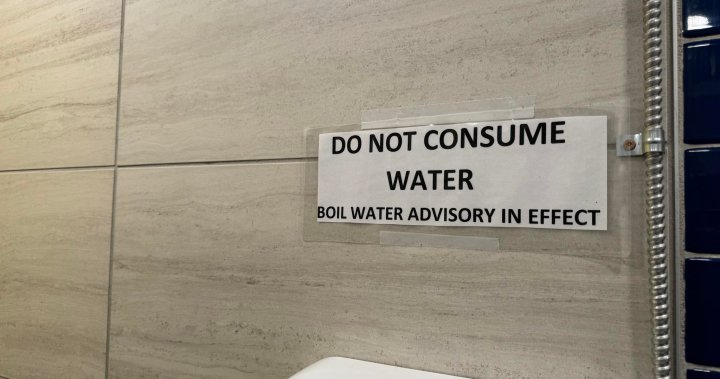Multiple civil society groups have expressed reservations with the federal government’s proposed online harm legislation, which would force tech giants to take down flagged content within 24 hours, a new report by the Heritage Department says.
The report, released Thursday morning, says marginalized and racialized groups are particularly likely to be affected by the requirement to force tech companies, such as Facebook and Twitter, to quickly remove content that is flagged as offensive.
Following consultations with various community groups last summer the report said respondents believed the 24-hour requirement was flawed because it would give platforms an incentive to be overly vigilant and remove more content than necessary to avoid breaking the law.
“A significant majority of respondents asserted that the 24-hour requirement was systematically flawed,” the report says. “It would incentivize platforms to be over-vigilant and over-remove content, simply to avoid non-compliance.”
The Liberal government hastily introduced online harms legislation in the last few days of the last Parliament, but Bill C-36 died on the order paper when Prime Minister Justin Trudeau called an election last August.

During the campaign, the Heritage Department proposed a legal framework that included forcing the likes of Facebook or Twitter to assess and remove content flagged by users as harmful within a day.
Although there are more consultations ahead, it is unlikely Ottawa would stick with the 24-hour notice, given these findings, said a government source who spoke to CBC News on condition they not be named, as they were not authorized to speak about the document.
Another piece of the would-be legislation calls for social media companies to refer content to police or even the Canadian Security Intelligence Service.
The report found that many community groups consulted were opposed to this piece of the legislation.
It noted that marginalized communities who post on social media have their content flagged to authorities at a higher rate than other communities. They worry that the new legislation could result in even more complaints.
For example, some stressed “a concern that Muslim Canadians would be disproportionately scrutinized, criminalized and demonized under an approach to harmful content that included references to terrorism.”
The government source who spoke to CBC did not comment on whether the referral procedure would be removed.
Google says it fears censorship
The document says the Heritage Department received 8,796 submissions.
The Department does not disclose names of the groups they consulted with, though a broad range of them – from community organizations to tech giants – have made their concerns public over the last few months.
Google said the legislation could potentially limit freedom of expression, and create a legal framework that could be used to censor political speech in the future.
“Rigid 24-hour deadlines for taking action against reported content do not allow providers to carefully assess the relevant law and context and would be counterproductive,” the company’s submission said.
Meanwhile, the Chinese-Canadian National Council for Justice (CCNC-SJ) urged heftier fines for uncooperative social media companies.
“CCNC-SJ has collected over 3,000 anti-Chinese tweets that contain stigmatizing themes or messages, many of which are still available on Twitter,” the organization wrote last September.
The CCNC-SJ was also looking for a speedier implementation of the legislation.
More consultations planned
“We are concerned that no budgets or timelines have been established,” it wrote.
The government was proposing to create new regulatory bodies such as the Digital Safety Commissioner of Canada, a Digital Council of Canada, as well as an Advisory Board to help regulate the new legislation, but the CCNC-SJ noted it could take months or years for these bodies to be established.
The Department says it intends to engage with experts over the next few weeks now that the report is out.
It offers no timeline for the introduction of legislation, but says it would like to move as quickly as possible.
During last fall’s federal election campaign, the Liberal Party promised to re-introduce online hate legislation within 100 days of forming government, were it re-elected. Thursday marks that day.






More Stories
Saskatchewan isn’t remitting the carbon tax on home heating. Why isn’t my province following suit?
Here’s why provinces aren’t following Saskatchewan’s lead on the carbon tax home heating fight
Court ruling affirms law curbing parliamentary immunity of spy watchdog members